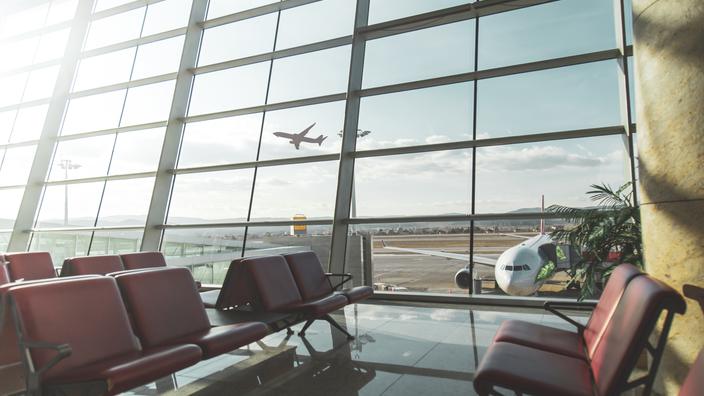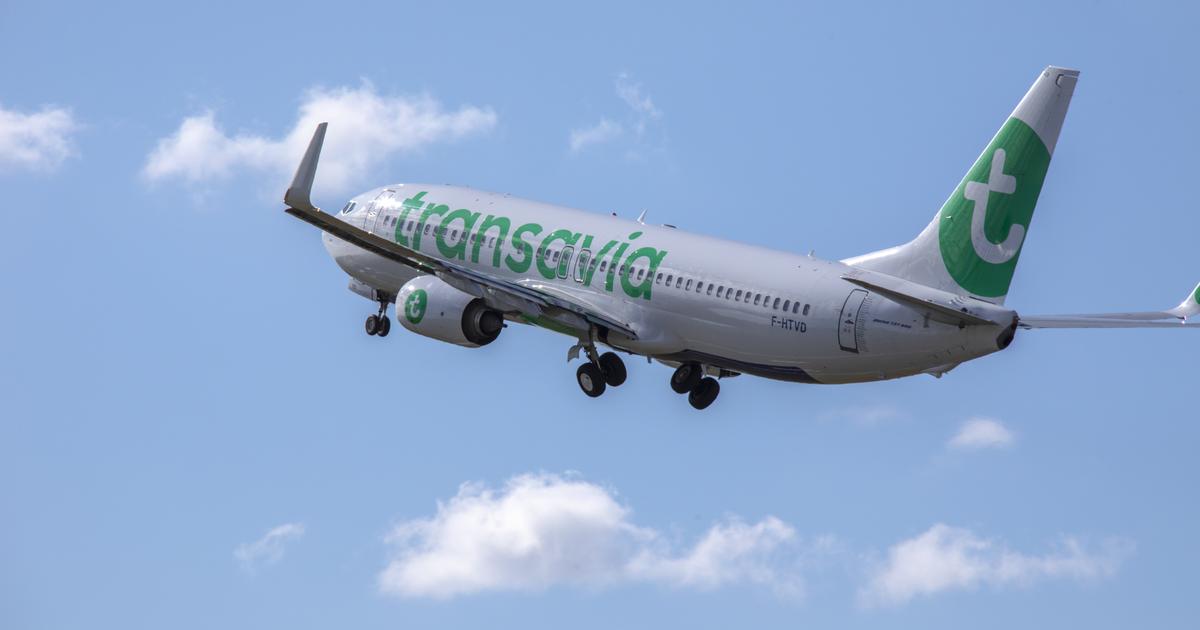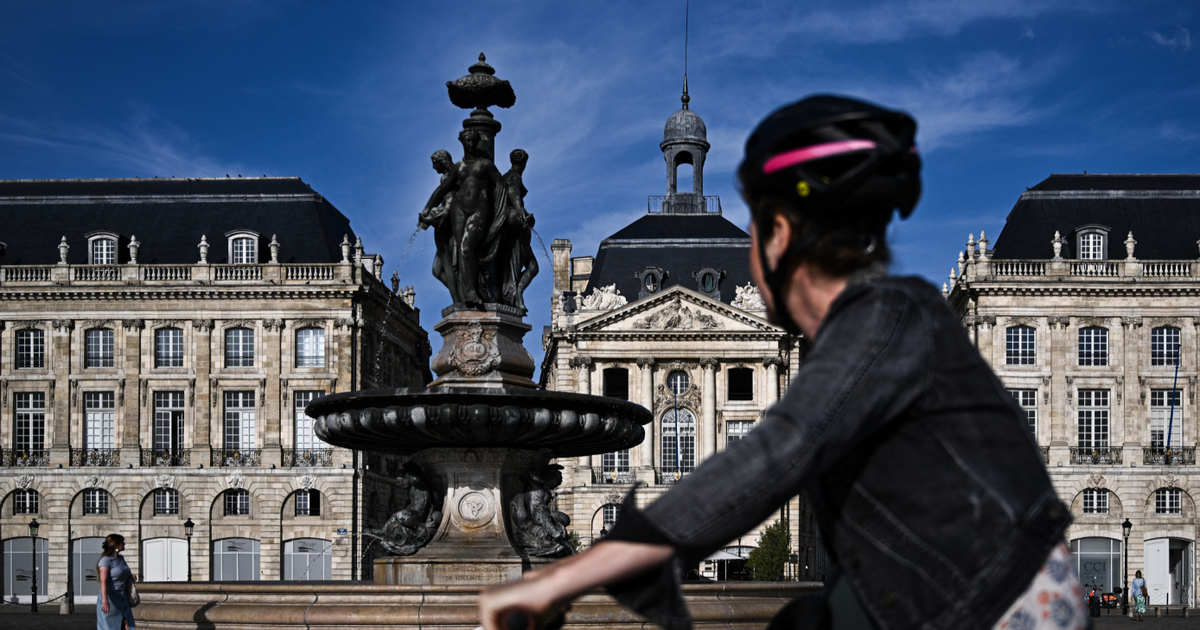Are we going, in 2021, to travel “as before”?
As more and more countries vaccinate their populations against Covid-19, the tourism sector has hopes of a resumption of travel in the coming months.
“
For tourism to resume, we will need guarantees that tourists are not contagious.
The more people are prevented from traveling, the more the desire will be and the more the recovery will be sustained,
”says Didier Arino, Managing Director of Protourisme, a firm specializing in studies and advice.
Launched at the initiative of States or airlines, these innovations should allow tourists to travel again with peace of mind despite the health situation.
A health passport for vaccinated travelers
Allow air travel only to vaccinated people?
At the end of the year, the Australian company Qantas announced that it would ask its passengers to be vaccinated before being able to take its lines.
"
The decision must come from the States and not from the airlines
", insists Xavier Tytelman, consultant in aeronautics.
“
States that require vaccination (yellow fever, meningitis…) to enter their territory, this already exists.
There is therefore a background,
tempers Paul Chiambaretto, professor at Montpellier Business School and specialist in air transport.
On the other hand, for airlines, this raises questions.
After all, a year ago, we did not think that they could impose the wearing of the mask.
Could they impose a particular vaccine?
There is a legal vagueness.
"
In France, the centrist group UDI and the president of the MoDem, François Bayrou, support the idea of a health passport which would allow "
to go to places of culture, restaurant ... Ultimately, to find a normal life
".
A device which is inspired by the “green passport” which will be implemented in Israel in January: it will notably make it possible to avoid tests before traveling abroad.
Read also: Covid-19: will you need to be vaccinated to travel in the coming months?
The "Travel pass", a digital pass
The Travel Pass should facilitate checks at airports by centralizing travel documents and test or vaccination certificates.
IATA
A “
digital health pass
”: this is the initiative launched by the International Air Transport Association (IATA), which brings together 240 airlines around the world.
This device has been tested since December 23 by Singapore Airlines on some of its lines.
Concretely, the Travel Pass platform establishes a link between passengers, airlines, authorities and laboratories.
Objective: to get air traffic back off the ground when companies lost more than 60% of their turnover in 2020.
"
Carriers can connect to it to check whether their passengers meet the requirements of the destination country
," says Xavier Tytelman.
Authorized laboratories transmit test or vaccination certificates directly to the platform, which reduces the risk of fraud and
falsification of results
. ”
Users meeting all the requirements can thus generate, through a dedicated application, a digital passport to present to customs and airlines.
“
This type of initiative is useful beyond just Covid-19.
The
Travel Pass
would make it possible to ensure traceability, to know whether travelers have passed through a particular state, in this case to know whether they have passed through countries with a high level of contamination
, details Paul Chiambaretto.
The problem is that it may not be adopted by all companies around the world.
IATA represents nearly 80% of companies.
If the remaining 20% do not comply with this measure, it jeopardizes the validity of the whole process.
Moreover, this device is limited to the aviation sector.
“
Such a system would deserve to be applied to rail and maritime transport.
If I make the outward journey by plane and return by train, traceability is no longer guaranteed
”, regrets Xavier Tytelman.
Read also: Covid-19 and travel: where can the French now go?
Our map, country by country
“Covid-free” flights guaranteed without contaminated passengers
Passengers on “Covid-free” flights must be screened on departure and arrival.
Here, travelers from New York get tested upon arrival at Rome Fiumicino on December 9.
ANDREAS SOLARO / AFP
Flights guaranteed without passengers positive for Covid-19.
This is the principle of “Covid-free” flights which have been tested for several months by a few airlines.
The Italian Alitalia launched in September 2020 the first flights of this type between Rome and Milan before extending the initiative to flights between Rome and New York, in partnership with the American company Delta.
Since December 15, the Dutch KLM has been operating a few flights between Atlanta and Amsterdam, also in partnership with Delta.
These “air corridors” are currently reserved for essential travel, which does not include tourist travel.
To board, passengers must submit to a strict and fairly restrictive procedure.
On KLM's Atlanta-Amsterdam flights, for example, three tests are planned for the entire trip: a PCR five days before departure, an antigen before boarding in Atlanta, then a new PCR test on arrival at Amsterdam.
Customers arriving in the Netherlands or Italy are exempt from the quarantine normally required for travelers arriving from the United States.
At Air France, such “Covid-free” flights are being studied.
The French company tells
Le Figaro to
work on a “health corridor” system to avoid quarantines on arrival on American soil.
The traveler, provided with the result of a negative PCR test, would be subjected to an antigen test before boarding, then to another on landing.
"
We are studying solutions based on antigenic tests on a very large scale
", also slips an internal source within the Paris Airport group (ADP).
Travel bubbles: free movement between two countries
Citizens of Australia and New Zealand will soon be able to travel between the two countries without submitting to quarantine measures.
Rudolf Balasko - stock.adobe.com
Allowing citizens of countries in the same health situation to travel without restriction: this is the principle of “travel bubbles”.
The first was created last May by the three Baltic States, when most of Europe's internal borders were still closed.
Since then, nationals of Estonia, Latvia and Lithuania can move freely between the three countries without having to submit to the mandatory quarantine for any foreign visitor.
This premiere inspired other countries around the world.
Australia and New Zealand made a commitment early on to facilitate liaison despite the epidemic context.
“
Between these two countries, the travel bubble is quite relevant: these are two islands which are not central to international flows
,” underlines Paul Chiambaretto.
New Zealand Prime Minister Jacinda Ardern confirmed the creation of this bubble in the first quarter of 2021 in mid-December. Other countries could join it in the year, including Singapore and the Cook Islands.
But creating these free movement zones is not always easy.
Hong Kong and Singapore have abandoned the idea, as have the United States and the United Kingdom.
In the EU, the European Commission's desire to harmonize entry conditions has not been followed up.
Business to follow.









/cloudfront-eu-central-1.images.arcpublishing.com/prisa/GIRZBOB6CBGPNERW7U4K54LFHU.JPG)